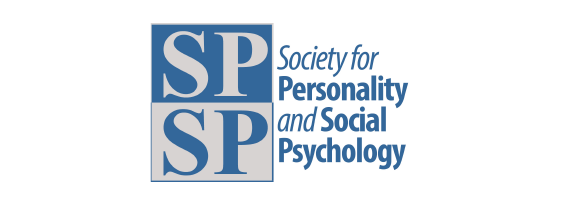I am honored to be among this year’s SAGE Early Career Trajectory Award recipients. This Society for Personality and Social Psychology (SPSP) award recognizes scholars in the early stages of their professional careers that contribute to advancing the boundaries of personality and social psychology. Many thanks to my amazing mentors who have supported me over the years and continue to inspire me!











